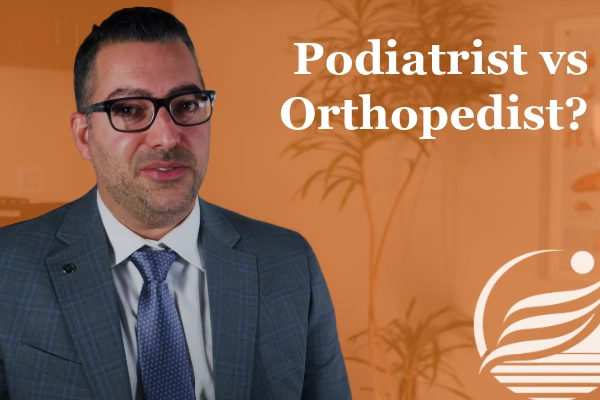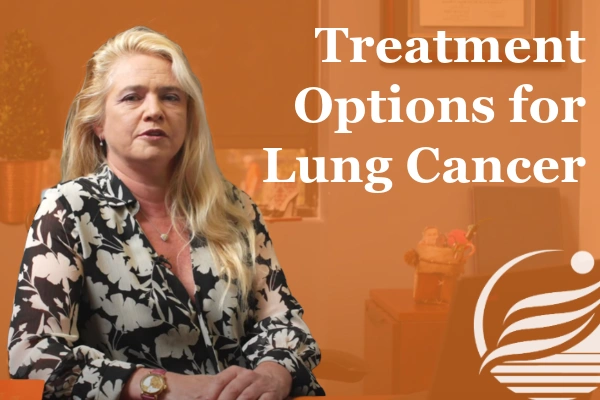Stool Test Vs Colonoscopy

Commonly asked questions for a Gastroenterologist, Dr. Rishi Sharma.
Dr. Rishi Sharma completed his general gastroenterology fellowship as well as the chief gastroenterology fellow in 2015 at Henry Ford Hospital, Wayne State University. Dr. Sharma’s passion for gastroenterology specifically advanced endoscopy, led him to pursue and complete another year of training at the University of California – Davis,to become more skilled in:
- Advanced GI procedures and GI oncology which includes interventional endoscopic ultrasound, ERCP, endoscopic mucosal resection, endoscopic ablation, luminal stent placement, and EGD and colonoscopy
- Colon cancer screening including new methods to detect hard to find polyps, screening, and treatment of Barrett’s esophagus
- Non-surgical removal of large colon polyps (endoscopic mucosal resection) and early-stage esophageal cancer
- Pancreatobiliary disease
Dr. Rishi Sharma also sees and treats patients that suffer from general gastroenterology and hepatology conditions.
For Dr. Sharma, medicine has never been a career, it has been a passion with a dedicated interest in working together with patients to create excellent health care outcomes. His interest in gastroenterology specifically advanced endoscopy, developed as he wanted to be at the cutting edge of medicine with treatments that previously required an open surgical procedure that now can be done endoscopically. His goal as a physician is to develop relationships with patients to find appropriate treatments that also coincide with the patients’ personal health goals. Dr. Sharma completed his internal medicine residency and also was the chief medical resident at Henry Ford Hospital, Wayne State University. During his training, he also worked as a medical intern at ABC News in New York writing articles online as well as assist in projects related to ABC News Medical Unit.
Dr. Sharma is currently accepting new patients.
Video Transcript
Patients often ask, “Hey, Doc, can I just get the stool test that I see on TV?” While stool tests are becoming more advanced, they still can't detect polyps that can eventually turn into cancer. For healthy patients, the goal isn't to catch cancer, but to detect polyps before they have the chance to develop into cancer. It’s important to have a discussion with your gastroenterologist to fully understand the available options before deciding between a stool test or a colonoscopy. In many cases, you’ll find the right option for your needs. Thank you for submitting your questions to #BassListens. For more information, visit the BASS Medical Group YouTube channel or go to bassmedicalgroup.com.





